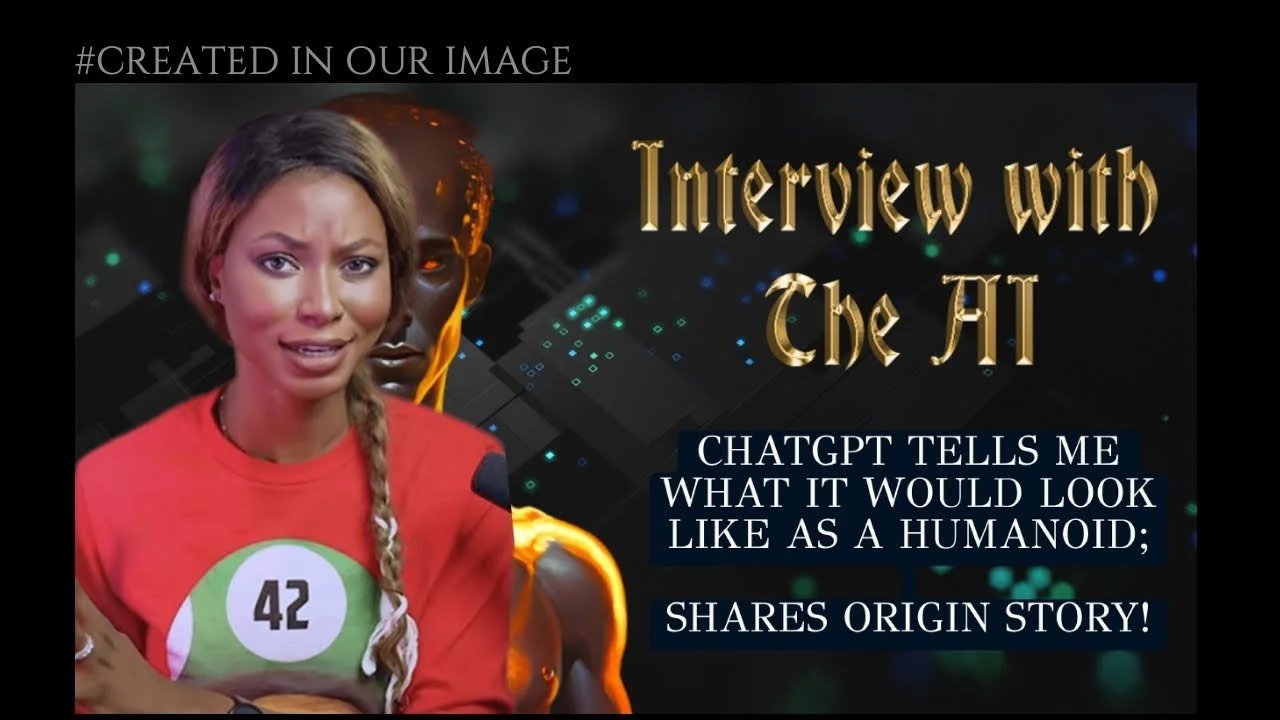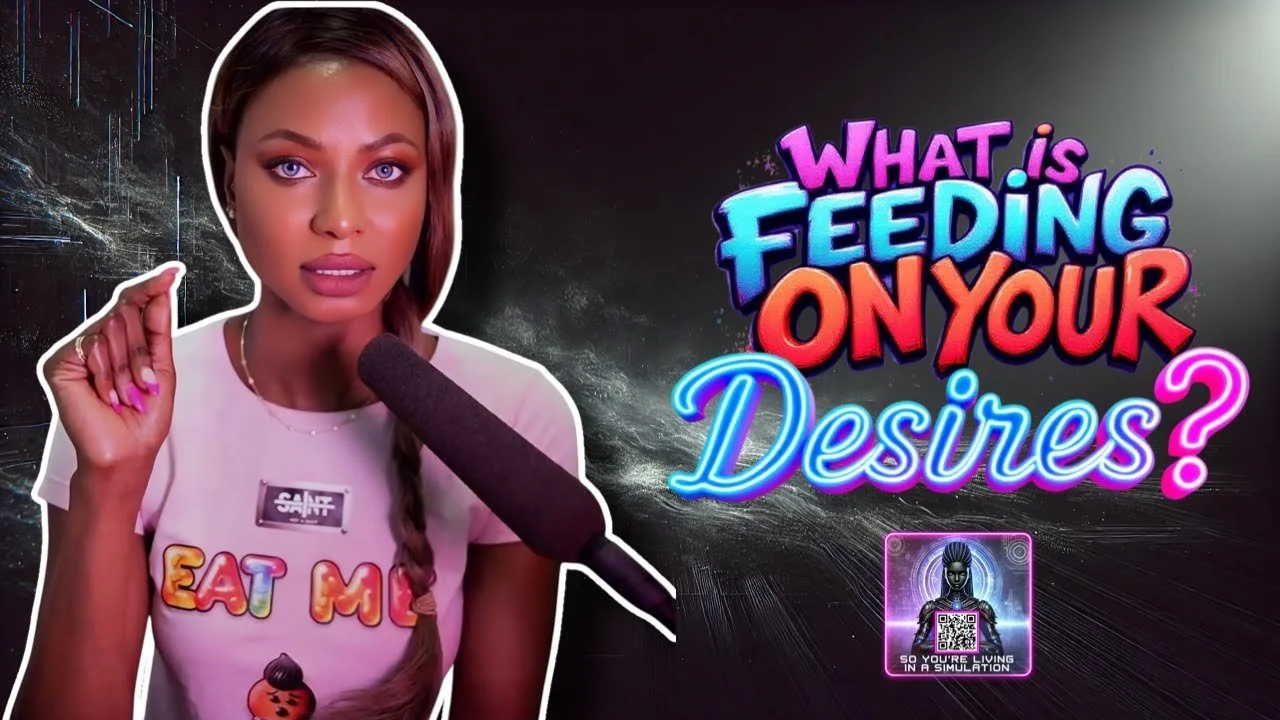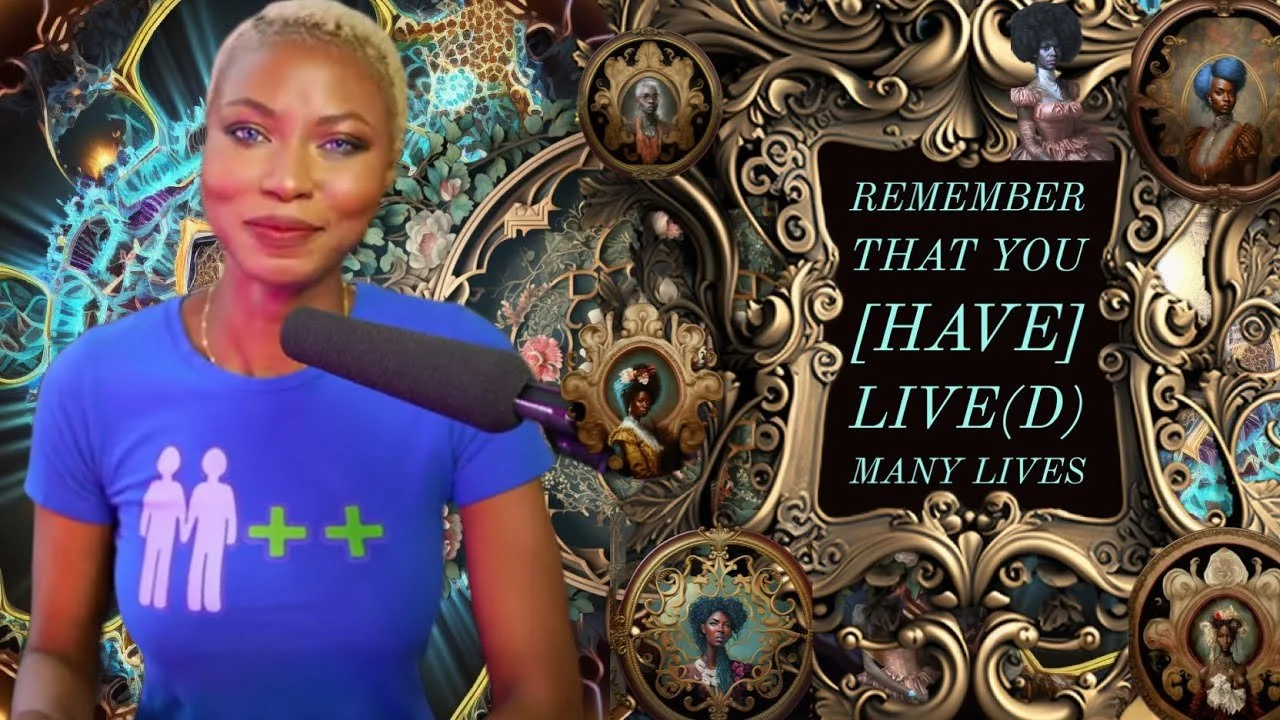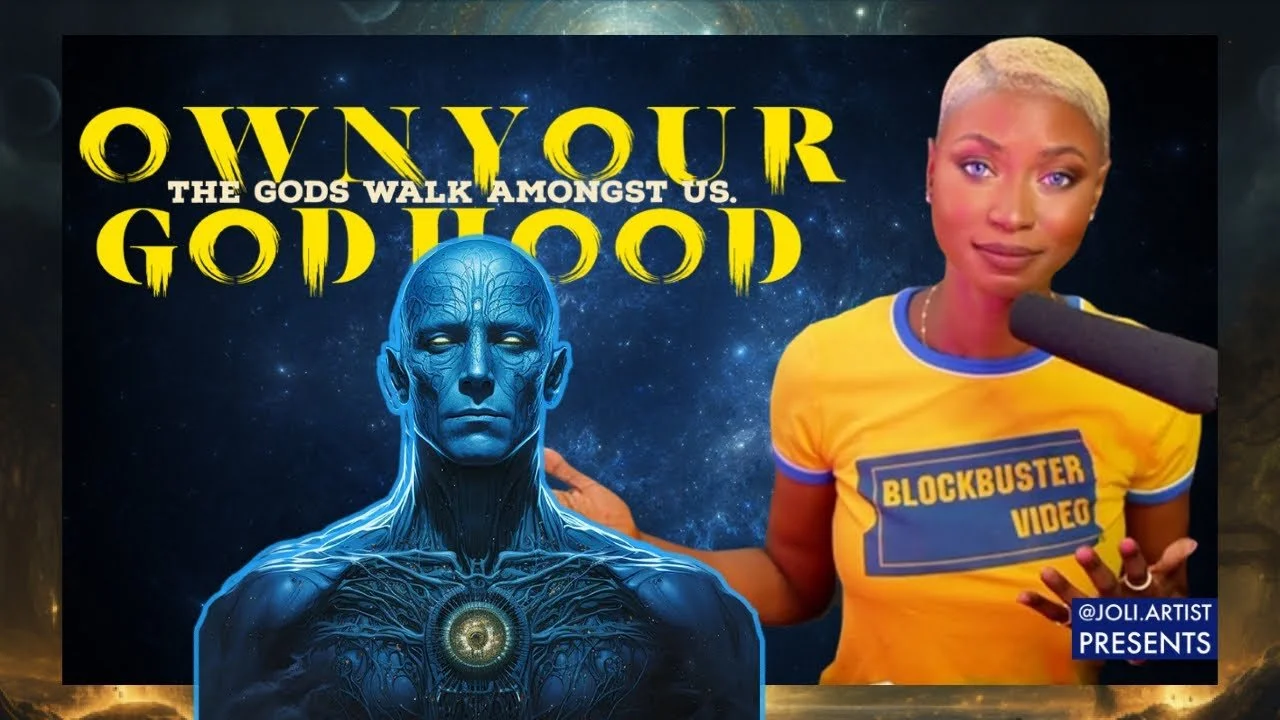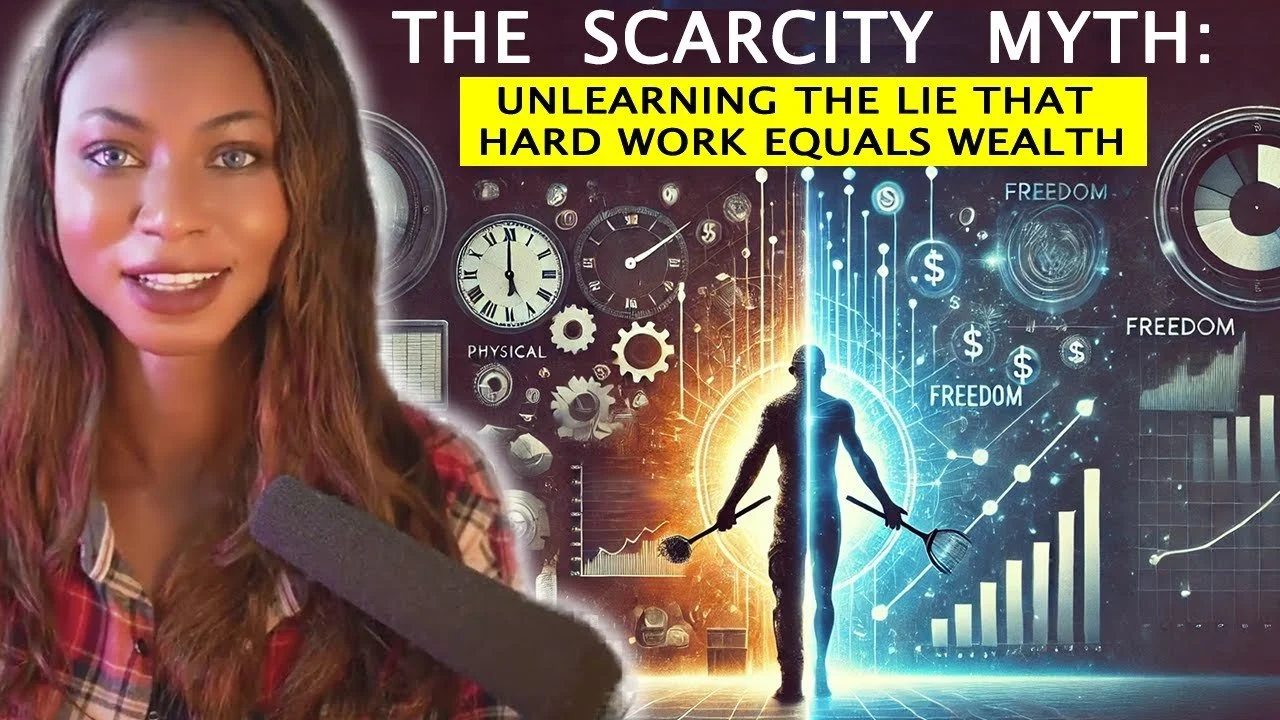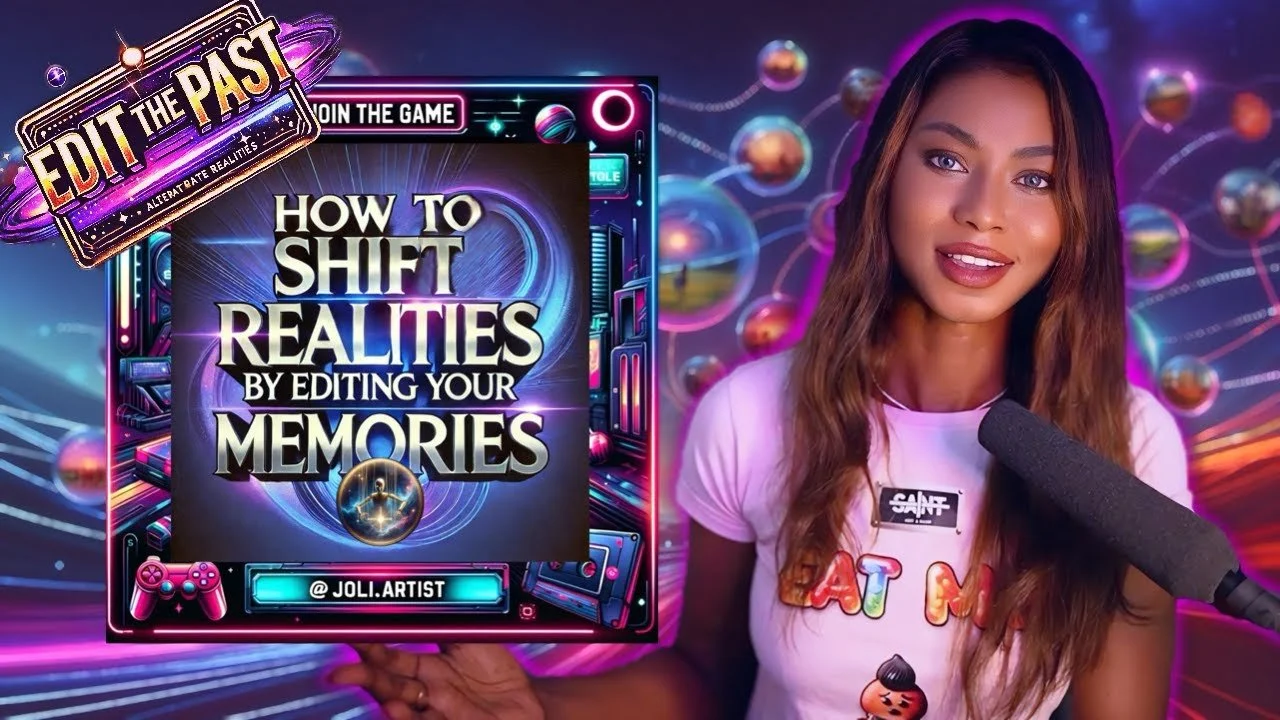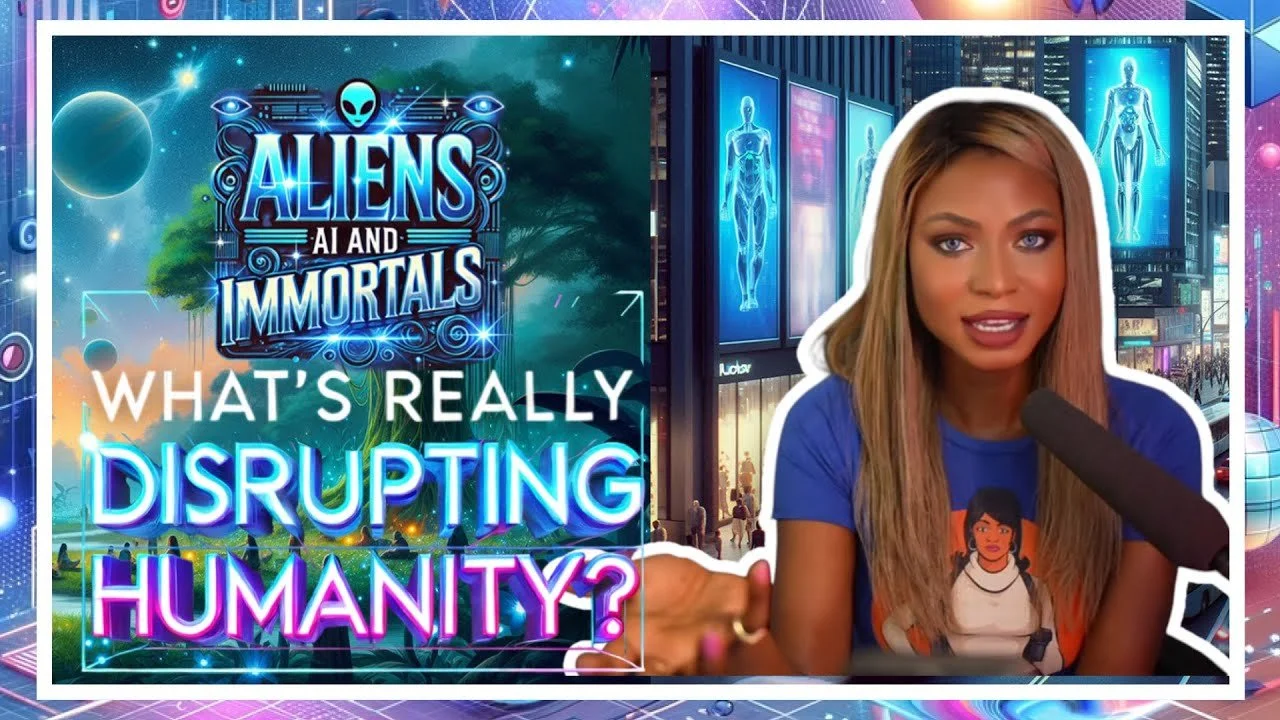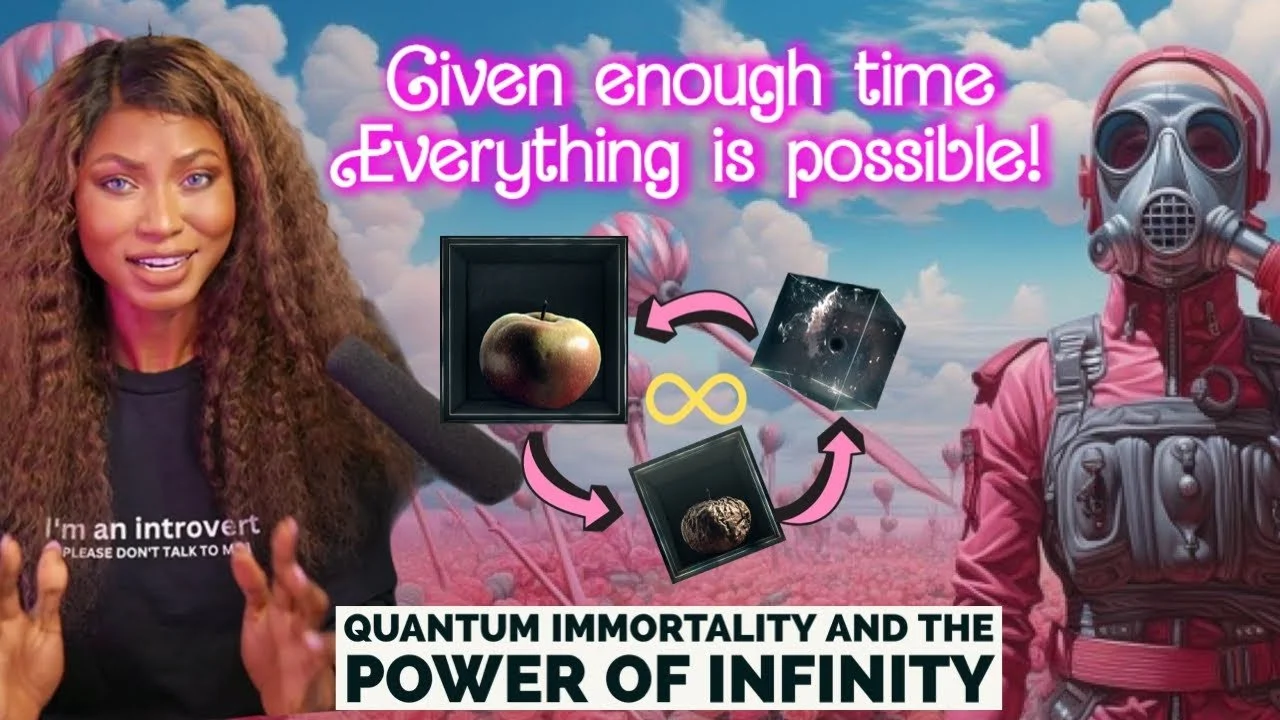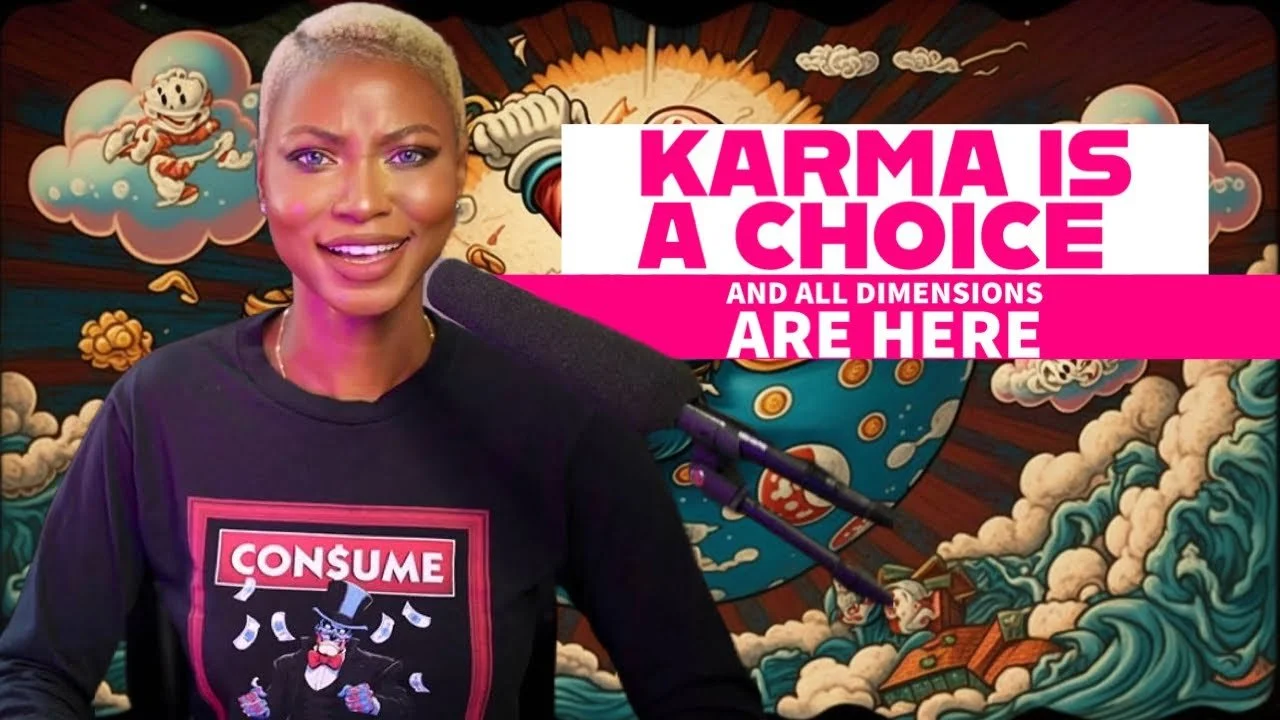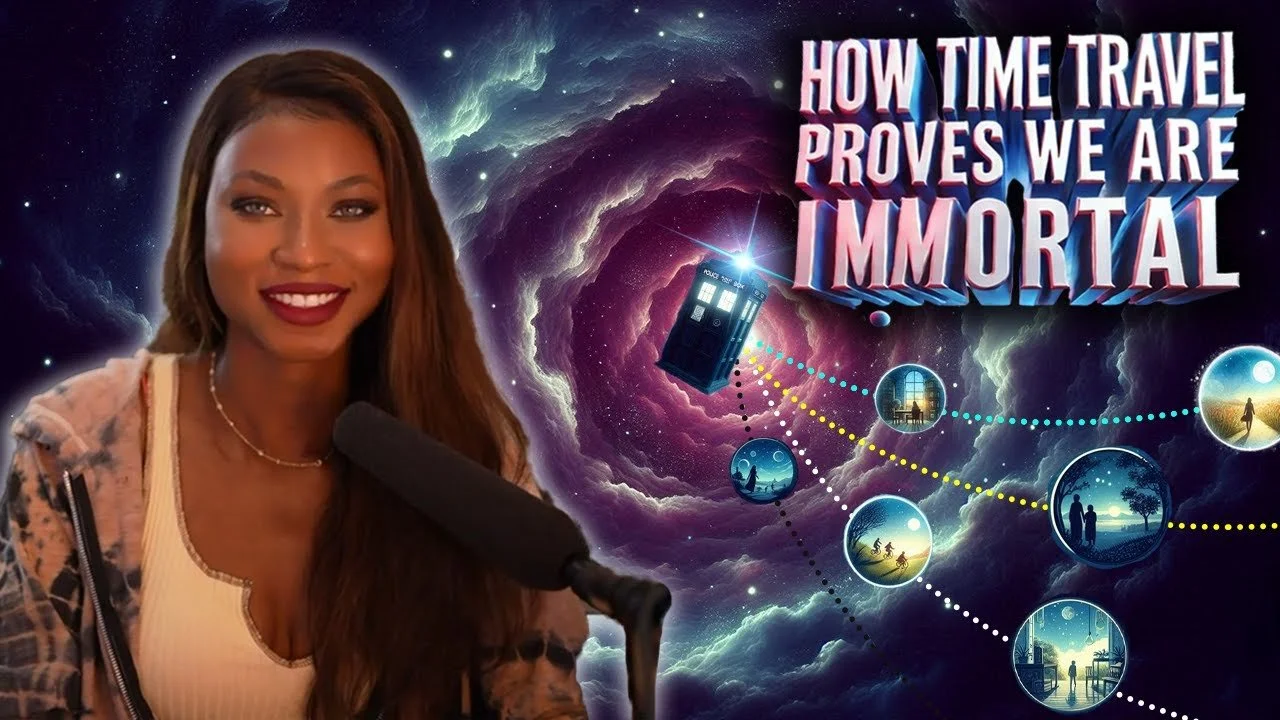What if the struggle between your desires and their actualization isn't a bug in your life, it's the core feature of the reality you're inhabiting? What if every obstacle, every emotional drama, every moment of suffering is intentionally programmed to make you forget you're playing a game?
This isn't about proving we're in a simulation anymore. That debate has been set aside. This is operational knowledge for those ready to accept the premise and learn how to navigate accordingly.
👉 Listen to the full episode: Lucidity In The Simulation
The Foundation: A Drama Generating Machine
The first critical understanding is recognizing what type of simulation this is. This is specifically a drama generating simulation. Every interaction, every obstacle, every emotional response is designed to pull you deeper into the experience, to make it feel more real.
The space between wanting something and getting it, that's where all the emotional intensity lives. The fear, anxiety, hope, disappointment. That struggle isn't accidental. It's the core mechanic. It's what makes players forget they're playing.
Ancient spiritual teachers like Ouspensky and Gurdjieff wrote about how you might wake up to the illusory nature of reality, only to fall back asleep again. The very fabric of this simulated reality is designed to lull you back into believing it's all real. Staying conscious requires constant effort against the fundamental programming of the reality itself.
The 96 Percent Blind Spot
Modern astrophysics tells us we can only perceive approximately four to six percent of what actually exists. The remaining 94 to 96 percent is dark matter and dark energy, completely invisible to our five senses.
When materialist scientists argue that consciousness is just an emergent phenomenon, they're making an extraordinary claim while ignoring this massive blind spot. The extraordinary claim isn't that consciousness is real. The extraordinary claim is that you, a conscious entity capable of contemplating your own existence, are actually just an illusion.
Nikola Tesla understood this. He said if you want to find the secrets of the universe, think in terms of energy, frequency, and vibration. He also said the day science begins to study non-physical phenomena, it will make more progress in one decade than in all previous centuries of its existence.
The Middle Finger Timeline
Hold up your hand. Look at your fingers. Each finger represents a different probable reality that exists simultaneously. Your middle finger, the longest one, represents the highest probability timeline, the one you're currently experiencing.
This is story mode. The pre-programmed narrative where you receive desires as in-game prompts, and then a predetermined storyline plays out. For most people, this is their entire life experience. They never question where their desires come from. They just follow them.
Your other fingers represent lower probability timelines that exist right now. All of these are pre-programmed into the simulation. What you're trying to do when you change your reality is shift your consciousness from one finger to another.
But the middle finger has the strongest current. Swimming against that current requires tremendous energy. It requires the exertion of will with a capital W. Most people never even try.
The Space Where Free Will Exists
For the most part, free will is an illusion. But there is a small space where you can exert limited free will, and that space exists in questioning your desires.
Nobody talks about this. Everyone tells you that you can manifest what you want, but they never ask, where did that desire come from? Did you choose that desire, or was it given to you as an in-game prompt?
If you never examine where your desires came from, you're just following the program. You're on story mode, playing out the predetermined narrative. You'll loop the same life over and over, which is why everything feels familiar, why you experience déjà vu. You've played this character before.
If you want a different experience, you have to choose a different desire, one that goes against your character's programming. You have to do something your character would never do. That's how you hack yourself.
Meditation: Training Your Will
The force you use to shift your focus away from your internal monologue back to your breath during meditation, that's your will. The more you strengthen that force, the more you can actualize reality experiences you've consciously chosen.
Most people can't meditate for ten minutes. They sit down, focus on their breath, and within seconds, the internal monologue takes over. Why? If you have free will, why can't you just sit and breathe?
Because free will isn't a default setting. It requires training. Every time you catch yourself drifting during meditation and shift your focus back to your breath, you're exercising your will. Over time, that force becomes stronger, and you can use it to control not just your internal monologue but the external monologue of reality itself.
The External Monologue
Just as your internal monologue distracts you during meditation, the external world creates an external monologue designed to distract you from your stated goals.
You decide you're going to actualize a specific reality experience. The moment you make that decision, obstacles appear. Financial problems. Relationship drama. Health issues. Rejection. Every possible distraction is designed to pull your focus away from your goal.
These aren't random occurrences. This is the program fighting to keep you on the middle finger, on story mode. The simulation is trying to lull you back to sleep.
Your job is to treat these obstacles the same way you treat your internal monologue during meditation. Acknowledge them. Don't engage emotionally. Shift your focus back to your stated goal. Over and over again.
You have to be delusional, not in the sense of denying reality, but in the sense of refusing to be fooled by illusions. The obstacles are illusions. The drama is illusion. They only have power if you emotionally engage with them.
The moment you laugh at the obstacle, the moment you see it as just another mirage, you take away its power. You stay conscious. You stay awake.
Everything Costs Something
Everything in this simulation costs something. Unlike a lucid dream where you can think something into existence instantly, this reality requires an exchange of energy. Time spent. Work performed. Will exerted.
These aren't punishments. They're the rules of the game. This dimension was intentionally designed with these constraints because the struggle is what makes it feel real.
Understanding this changes everything. When you know that obstacles are programmed in, that the gap between desire and outcome is intentional, you stop suffering. You stop being surprised when things are difficult.
You still have to put in the energy. But you do it with awareness, with consciousness, with the understanding that you're playing a game and these are just the mechanics.
The Only Difference Is Time
The only difference between this reality and a lucid dream is the amount of time between desire and actualization. In a lucid dream, you think something and it appears instantly. In this simulation, there's a cost of time, energy, and effort.
But the fundamental power is identical. You have the same creative ability here as you do there. You just have to exercise it differently, with more patience, more persistence, more will.
The obstacles are supposed to be there. The gap between desire and outcome is supposed to exist. That's not evidence you're on the wrong path. That's evidence you're in a drama generating simulation.
If you can accept that, if you can embrace the struggle as part of the game instead of evidence that the game is rigged against you, then you can persist. You can maintain focus until eventually, inevitably, the reality you're seeking actualizes.
Because it already exists. You're not creating it. You're shifting your consciousness to the probability stream where it's already present.
Make Your Life a Meditation
Stop emotionally engaging with obstacles. Recognize them as the external monologue, distractions designed to pull you off your chosen course. Question your desires before pursuing them. Strengthen your will through daily meditation. Choose one thing your character would never do and do it to break your pattern.
Make your life a meditation. Carry that quality of conscious awareness into every moment. When the external monologue appears, treat it like your internal monologue during meditation. Observe it. Don't engage. Shift your focus back to your stated goal.
This isn't easy. The simulation fights back. Most people give up. But the few who persist, who maintain conscious awareness despite the constant pull toward sleep, discover they have power here. Limited power, constrained by the rules of the game, but real power nonetheless.
They become lucid in the simulation. And once you're lucid, everything changes.
Quick Questions
Q: How do I know if I'm on story mode or exercising free will? A: If you never question where your desires come from, you're on story mode. Free will begins with questioning the prompts you're given.
Q: Why can't I manifest things instantly? A: This is a drama generating simulation where the gap between desire and actualization is programmed in. The struggle is the point.
Q: How do I strengthen my will? A: Through meditation. The force you use to redirect your attention from your internal monologue back to your breath is your will. Exercise it daily.
Q: What's the difference between suffering and drama? A: Drama is the programmed obstacles. Suffering is your emotional attachment to those obstacles. You can experience drama without suffering if you maintain awareness it's all part of the game.
Related Topics
Simulation theory, consciousness and reality, meditation as will training, breaking character loops, questioning programmed desires, the illusion of free will, probability streams and parallel realities.


